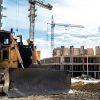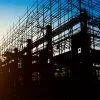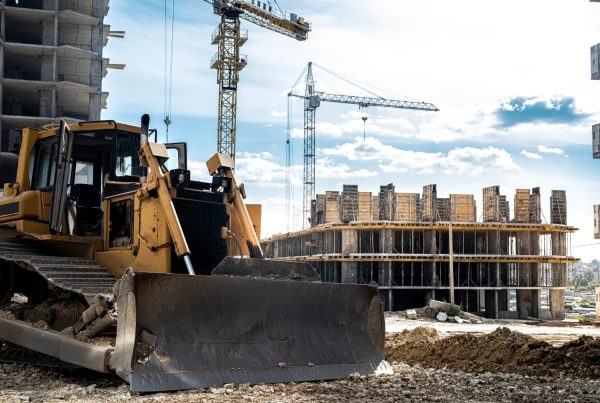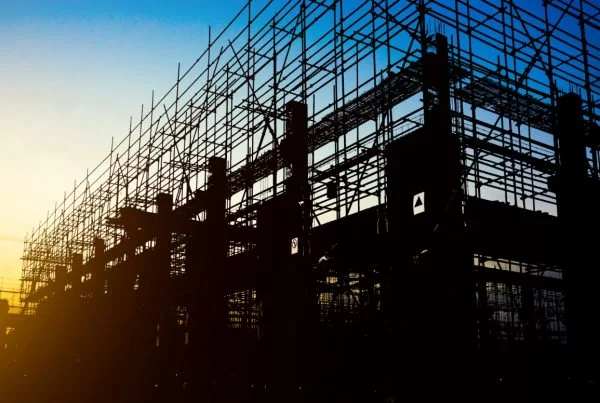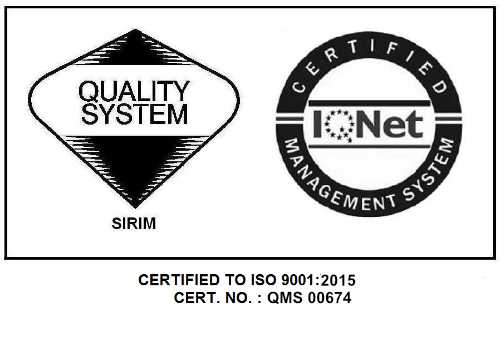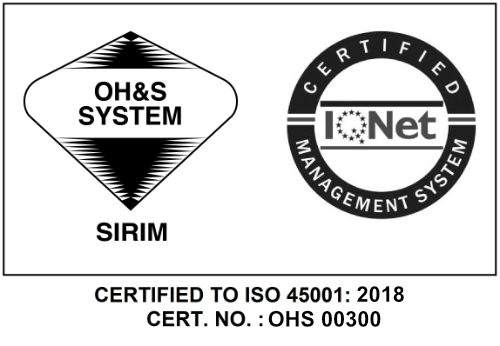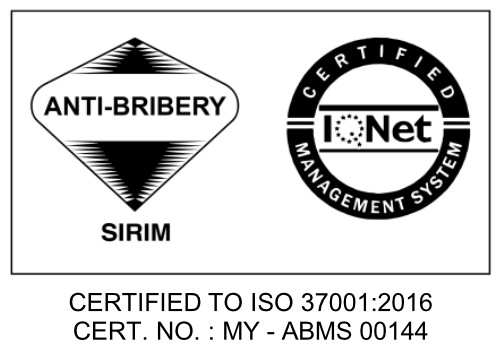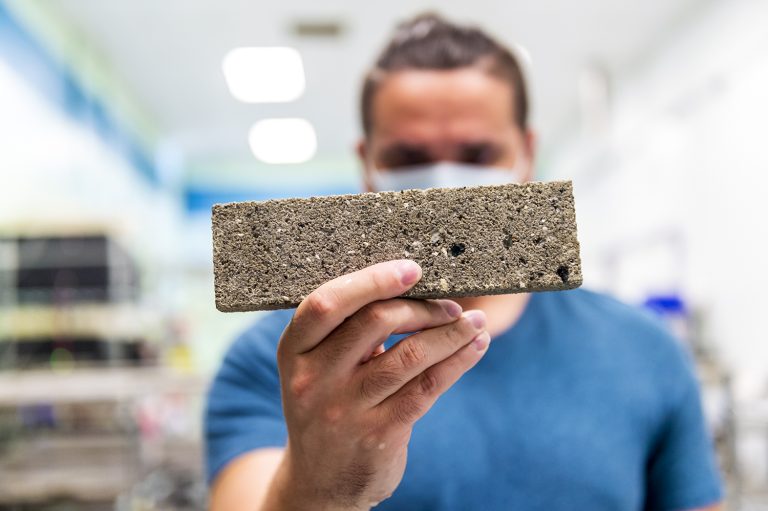
The environmental benefits of Biomason’s sustainable approach are far-reaching. (Photo credit: Biomason)
The traditional way of producing cement harms the planet more than we can imagine. However, the demand for cement and concrete keeps growing despite the harmful environmental effects. It’s high time we invest in innovative technology that eliminates the climate impact of construction. And fortunately, Biomason has paved the way in this regard.
Biomason, headquartered in Research Triangle Park, North Carolina, is making cement through a fundamentally different process that has been hailed as revolutionary. This process substitutes traditional heating and kilning steps involved in cement production with a biological process to create a greener and more sustainable product.
Biomason’s approach involves using bacteria to create cement. These microorganisms consume plentiful and cheap feedstocks such as sand, calcium carbonate and waste streams from industrial processes. In a process called microbial-induced carbonate precipitation (MICP), the bacteria secrete cement in the form of calcite crystals, creating a sustainable and viable alternative to traditional cement.
The environmental benefits of Biomason’s sustainable approach are far-reaching. Not only does this new manufacturing process reduce carbon emissions that traditional cement production generates, but it also reduces water usage, a major concern in many parts of the world.
Unlike traditional cement production processes, Biomason’s manufacturing process requires little to no water, preventing the devastating water shortages that often plague communities. Moreover, this technology can prevent the emission of more than 1.5 billion tons of CO2 globally each year, helping to address the urgent climate crisis.
Biomason’s product is also more cost effective than traditional cement, adding a significant economic value to its appeal without even considering the environmental benefits. With a growing market for environmentally sustainable products, Biomason will continue to play a vital role in transforming the cement industry while making it greener.


